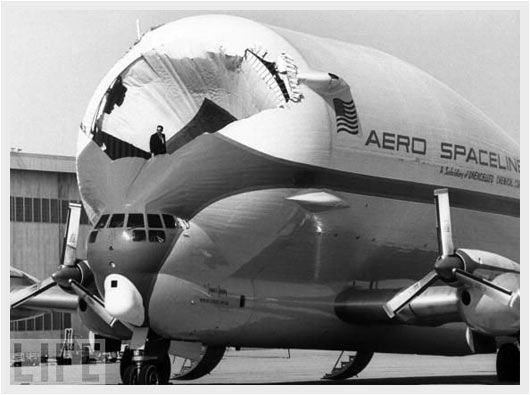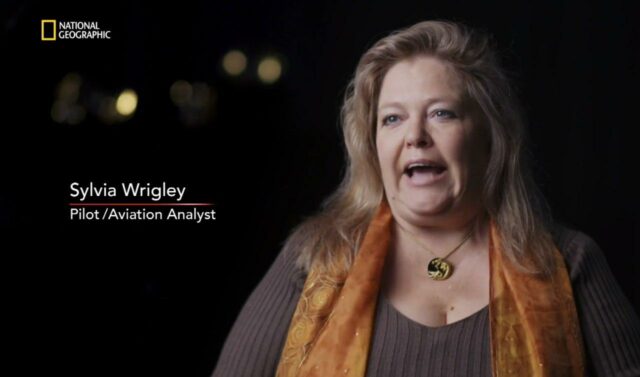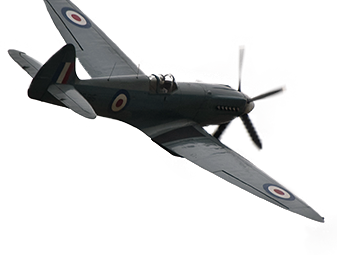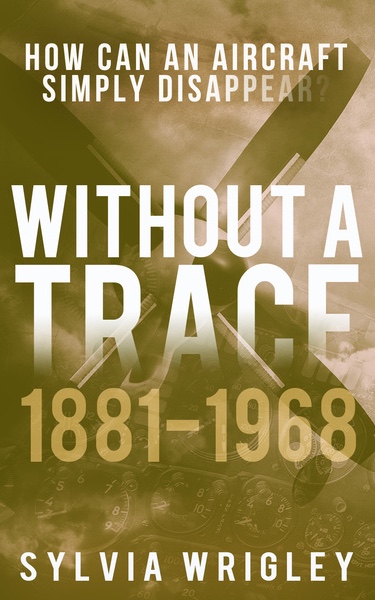For Your Entertainment
I’m clearing out my inbox once again and found a number of links that I think you will enjoy.
Mayday, mayday, we have a delivery for you.
I was bemused to see this fly past on Twitter (and grateful that the person included a source; I wish everyone did this!)
Today I learned that Iran's Mahan Air "acquired" its fleet of A340s by faking a string of emergency landings in Iran which were actually sanction busting delivery flights.
It just happened again with a "Fly Armenia" 737-300. This is nuts. https://t.co/73NaddVrf4
— Jason Rabinowitz (@AirlineFlyer) March 2, 2021
This leads to an article on Scramble explaining how a re-positioning flight for maintenance ended up with an aircraft being acquired by Caspian Airlines.
It seems obvious in retrospect but had honestly never occurred to me.
“It’s stuck. I can’t get out.”
It’s not nice to laugh at other pilots but I think this time we can be forgiven. This is another great video posted by VASAviation but in this one is reported by the pilot himself, known on Instagram as fly_with_bruno.
The Day The Super Guppy Blew Her Top
Airpigz has reprinted this great story, originally published in 1971 in AIR FORCE Magazine, under the headline 1965 Super Guppy Dive Test Goes Bad (Not a Bird Strike!) and it is well worth a read.

The story behind what lead to the Super Guppy having such a massive collapse of the upper fuselage is pretty amazing… and while this pic was used in Caption Contest #47, and the winning caption perfectly asked the question: “What kind of bird did you say it was ?????”, in reality it was the result of a high speed dive test done during the final phase of getting the airplane certified. Birds were not involved.
An amazing photograph and a very interesting article.
Air Crash Investigation Season 21
The National Geographic series Air Crash Investigation (Mayday) is airing now including the episode on US Bangla flight 211 which I was interviewed for last year. It was a three-hour interview, so if I look tired despite only making a few statements, you know why!

The episode is called Meltdown Over Kathmandu and is episode six of the new series which is currently airing in Europe.
The Loss of Astronaut Michael Collins
NASA announced on the 28th that the lesser known member of the Apollo 11 moonflight, Michael Collins, died at age 90.
Today the nation lost a true pioneer and lifelong advocate for exploration in astronaut Michael Collins. As pilot of the Apollo 11 command module – some called him ‘the loneliest man in history’ – while his colleagues walked on the Moon for the first time, he helped our nation achieve a defining milestone. He also distinguished himself in the Gemini Program and as an Air Force pilot.

Credits: NASA
The Guardian has written a rich obituary that is worth reading.
As the command module pilot, on $17,000 a year, Collins was, he later wrote half-jokingly, “the navigator, the guidance and control expert, the base-camp operator, the owner of the leaky plumbing – all the things I was least interested in doing”. He was also, thought Aldrin, probably Nasa’s best-trained command module pilot.
I hope you’ve found the collection interesting and as always, if you find something aviation related that you think the others will be interested in, then please leave a link in the comment!








Thanks for that obit from The Guardian. I’ve read a few about him, and that’s the best.
Spaceflight: Once, we dared. Now, we simply reminisce.
— Michael Wulff
This country went from landing on the Moon to “This bag is not a toy!” and arguing about evolution in 40 years.
— Howard Tayler
SpaceX is giving me hope again, though.
Me too!
“ Spaceflight: Once, we dared. Now, we simply reminisce”.
Reminds me of Miles M52, Concorde, TSR2, FaireyFD2, SR53, to name just a few!
Good luck, Space X
Michael Collins, a true and very brave gentleman indeed.
https://youtu.be/e3ydGj00pKk
This BBC interview with him is well worth investing half an hour to watch. It was linked to his obituary in the Daily Telegraph (pay-walled).
https://www.telegraph.co.uk/obituaries/2021/04/28/michael-collins-astronaut-became-forgotten-man-apollo-11-moon/
Thanks for the video and the link. My partner subscribes to the Telegraph so I was able to read it.
The Super Guppy story is fascinating, and a testimony to people thinking coherently in an emergency. I’ve passed the link on to a couple of non-flyers who appreciate “What Goes Up Might Come Down”.
Isn’t it great? It definitely needs a wider audience!
A great medley of aviation titbits.
I remember a Guppy that landed in Lagos, Nigeria, in the late ‘sixties.
In those days the DC6, DC7 Super Constellations, even the DC3 were still in airline service. The largest and most modern aircraft that visited Lagos were the Boeing 707, DC8 and Vickers VC10.
The Guppy, of course, stood out because of its enormous size and bloated shape. I had a chat with the crew. They told me that they had to be very careful when the aircraft was not carrying any cargo. The fuselage provided enough lift by itself to allow the aircraft to become airborne before the wings lifted it off the ground and before there was sufficient airflow over the control surfaces for full aerodynamic control.
Were they “pulling my leg”? I cannot tell.
Blohm & Voss (MBB) at Hamburg Finkenwerder were (probably still are) partners in Airbus Industries. They were building fuselage sections and I believe were also involved in pre-delivery work.
When NASA laid off the Guppy, Airbus bought them (all? I don’t know) for the transport of fuselage sections to Toulouse. They have since been replaced by a Guppy version of the A320.
Before the Airbus program expanded, MBB had a Citation maintenance facility at “Finky”. Once, when we were there, a mishap occurred: In order to allow loading and of-loading the entire front section of the Guppy was swung sideways. This was hinged behind the cockpit. Controls, etc., were disconnected, a support was placed under the front of the fuselage and the nosewheel swung 90 degrees to allow the entire front section to rotate for free, unobstructed access to the hold.
A Guppy was being prepared for loading when the entire front section fell down sideways. Apparently, the hinges had given way and the nosewheel of course could not support it upright.
Re: the Airbus-produced large transport aircraft:
https://en.wikipedia.org/wiki/Airbus_Beluga
I love Air Crash investigation. I need to find a way to get the episodes so that I can watch them, now that I no longer have Sky.
So glad that they featured you on the show!
Interesting Mendel. I looked it up, noticed that the Beluga entered service in 2014. Funny, I thought that Airbus had an earlier type based on the A320. So we never stop learning !
I don’t know where you looked that up? The wikipedia article I linked says the Beluga was type-certified in 1995.
The first few episode titles of season 20 of “Air Crash Investigation” appear to be the same as the currently airing season 16 of the US version (“Air Disasters”), so hopefully we’ll get to see you on Smithsonian Channel in a few weeks!
Oh cool! Let me know :D